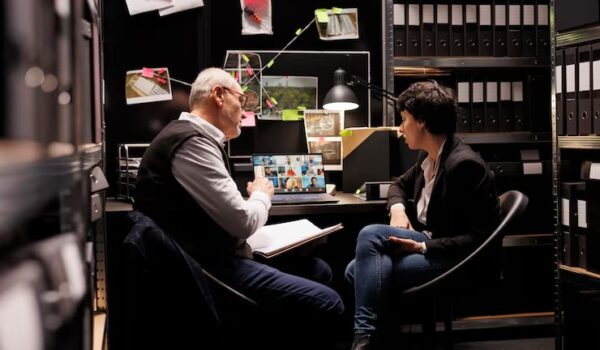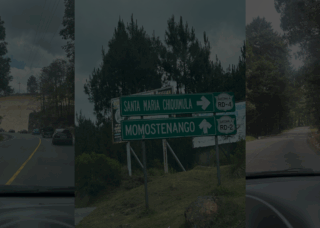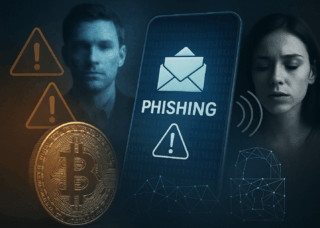When clients reach out for surveillance services, they’re often seeking clarity and answers to pressing questions. Surveillance has become a cornerstone of private investigations, evolving alongside advancements in technology.
Whether uncovering fraudulent activities, verifying suspicions, or gathering crucial evidence, surveillance today involves a sophisticated blend of digital tools and traditional methods. This article explores the methods and tools used by professional private investigators, answering common questions such as “Can a private detective get surveillance footage?” or “Can a private detective get surveillance on someone?”
Digital Surveillance Tools and Techniques
1. Online Databases
One of the most valuable resources in digital surveillance is access to specialized databases. Licensed investigators use these tools to retrieve essential background information, perform asset checks, and trace connections to individuals or properties. This database access allows for a thorough investigation while maintaining strict legal boundaries.
2. Social Media and Online Monitoring
Given the extent of our online lives, social media offers insights into patterns and behaviors that can support investigations. Investigators analyze publicly accessible information to verify identities, track locations, and reveal connections. It’s crucial, however, to adhere to privacy laws and focus on lawful, public data.
If you’re ever curious about whether you might be under surveillance, check out our article on how to know you’re being watched.
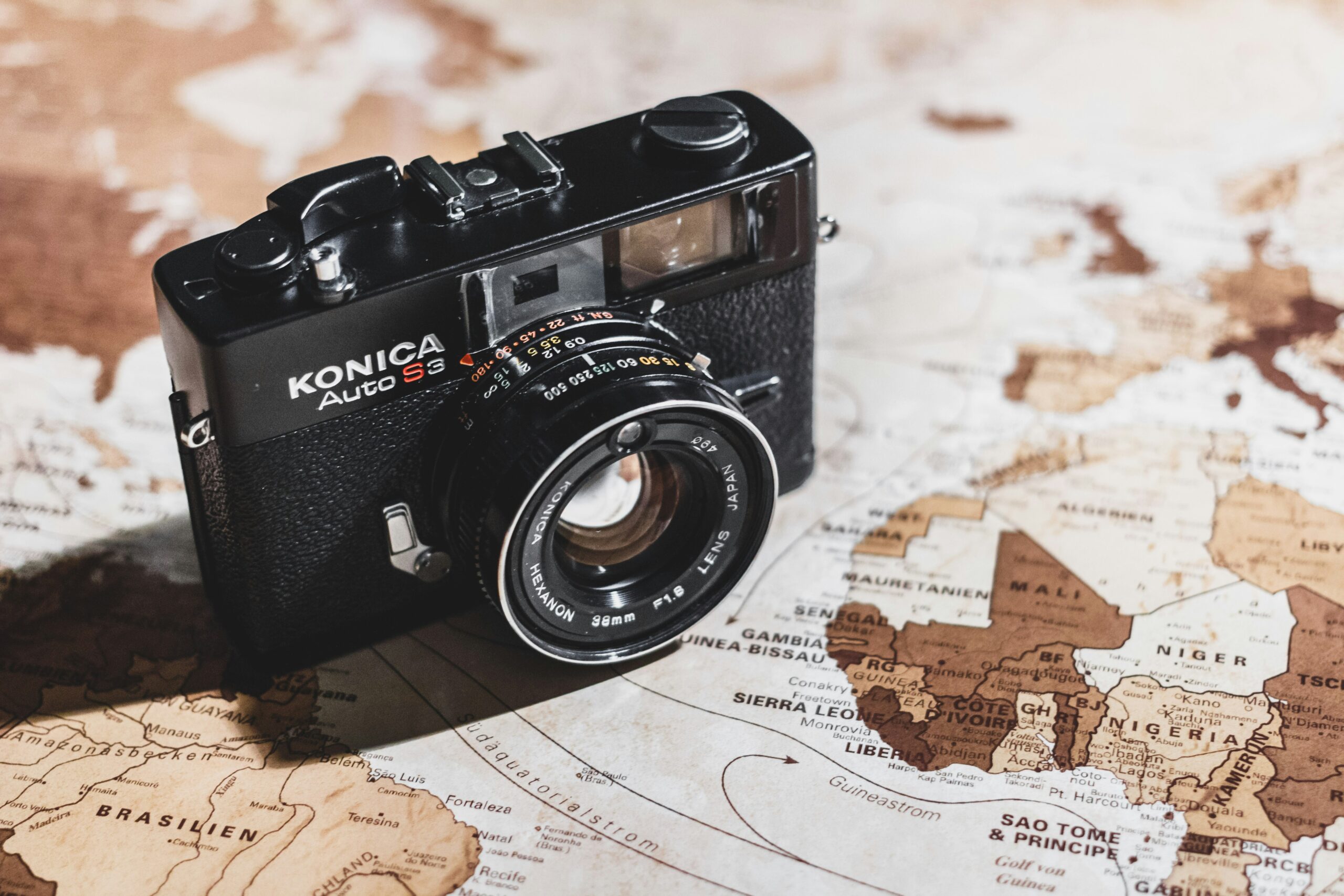
3. GPS Tracking and Geolocation
When legally permissible, GPS technology enables investigators to discreetly monitor movement in real-time, making it useful in cases like fraud detection or missing person investigations. GPS tracking provides subtle but effective data without physical intrusion, helping investigators piece together important location-based information.
4. Cyber Surveillance Tools
Digital surveillance involves both data gathering and secure handling. Investigators often use advanced encryption and data protection measures to safeguard sensitive information and maintain confidentiality. This approach ensures that the information gathered remains secure and accessible only to those with proper authorization.
On-the-Ground Surveillance Techniques
Traditional, in-person surveillance still plays a vital role in investigations. When digital tools aren’t enough, methods like these ensure comprehensive monitoring:
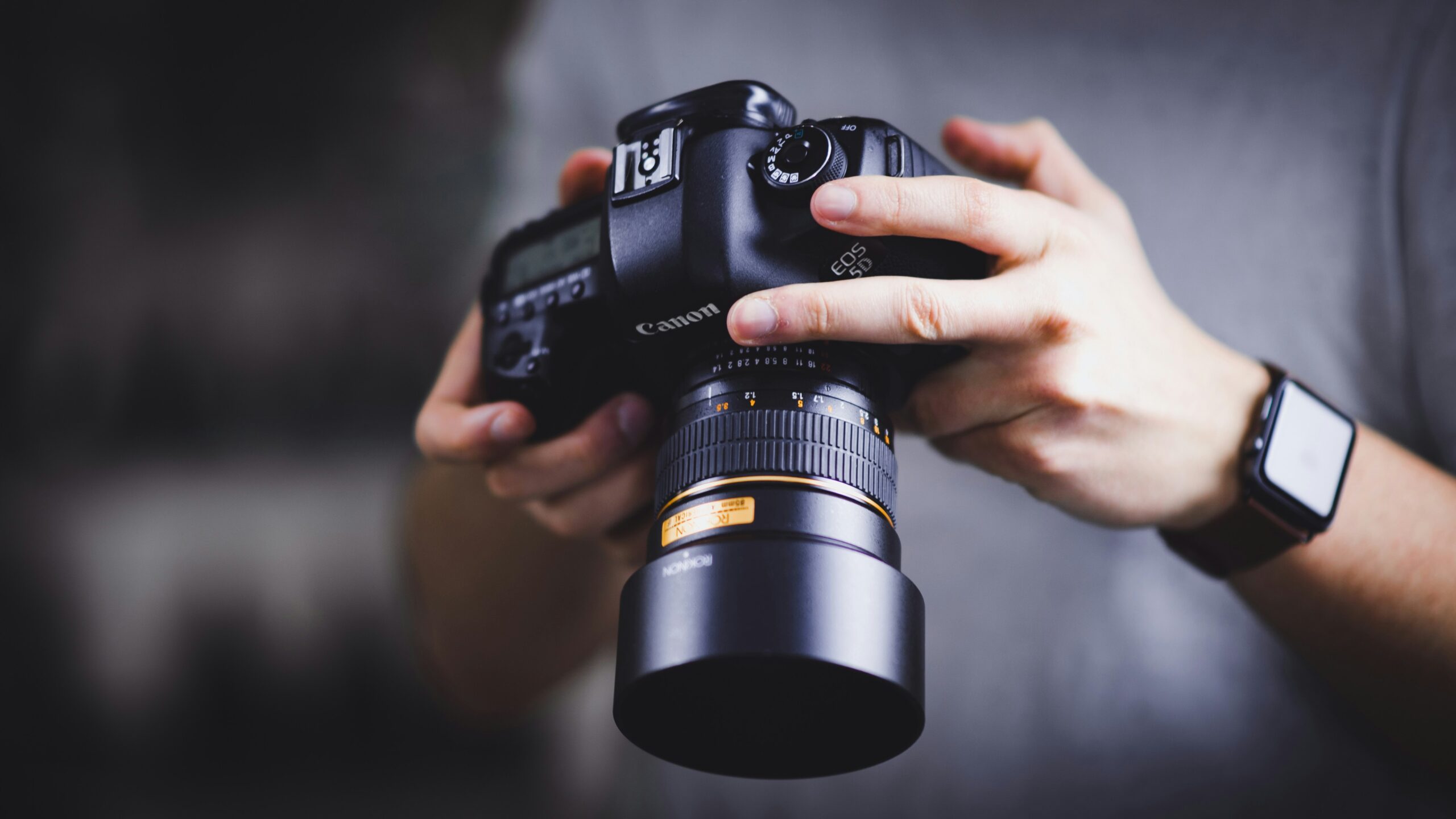
Physical Observation: Gathering Evidence from a Distance
Discreet observation techniques allow investigators to document activities without detection. This includes following subjects, monitoring locations, and capturing photographic or video evidence when necessary. If you’re wondering, “Can a private detective get surveillance footage?” the answer is yes, but only when done lawfully and with all necessary permissions.
Discreet Interaction: Collecting Information Unnoticed
Sometimes, information is best gathered through subtle engagement. Skilled investigators know how to obtain information through casual interactions, remaining unnoticed and maintaining discretion.
Adaptability to Environments: Blending into Any Surrounding
Surveillance often requires blending seamlessly into varied environments, from busy urban settings to quiet rural areas. Investigators rely on adaptability to operate under diverse conditions, ensuring their observations remain unobtrusive and effective.
Maintaining Optimal Distance
Investigators follow subjects at a careful distance to remain inconspicuous. By adjusting to traffic flow and using peripheral vision, they keep track of their subjects while minimizing the risk of detection.
Avoiding Eye Contact
To remain unnoticed, investigators practice indirect observation, allowing them to gather information without being detected by the subject. This technique is particularly valuable in situations where proximity is required.
Documenting Everything
Investigators meticulously record all observations, from the times and locations to specific interactions. This comprehensive record is invaluable in providing clients with accurate, actionable insights.
Ethics and Legal Compliance for Surveillance
Maintaining high ethical standards is critical in surveillance work. Surveillance activities should always be conducted within the boundaries of the law.
- Confidentiality: Client privacy is paramount, with all information handled discreetly.
- Legal Adherence: Investigators remain current on surveillance laws and regulations to ensure compliance.
- Ethical Conduct: Operating with integrity is essential, avoiding actions that could be intrusive or unlawful.
To learn more about privacy rights, consult Privacy International, an organization that provides global privacy information.
How Surveillance Helps Clients
For those needing clear answers, surveillance provides peace of mind. Here are some common areas where professional surveillance proves beneficial:
- Uncovering Fraud: Detecting fraudulent claims or dishonest activities.
- Infidelity Investigations: Providing evidence in cases of suspected infidelity.
- Child Custody Cases: Gathering information to support custody arrangements.
- Corporate Investigations: Monitoring employee misconduct or intellectual property theft.
- Relationship and Prenuptial Investigations: Identifying possible financial deception in personal relationships.
- Insurance Scams and Financial Due Diligence: Verifying claims and assets for legal and business purposes.

Frequently Asked Questions
Can Private Investigators Legally Monitor Someone’s Phone or Computer?
No, private investigators cannot access personal devices without consent. Information is gathered through lawful means, focusing on publicly available data and authorized resources.
How Long Does Surveillance Typically Last?
The duration varies based on the complexity of the case. Some investigations may require a few days, while others could extend over several weeks.
What Kind of Evidence Can a PI Gather During Surveillance?
Photographic evidence, video recordings, public records, and detailed activity logs are common, with each element collected within legal parameters.
Is Digital Surveillance Safe and Secure?
Yes, digital data is handled with advanced security measures, ensuring confidentiality and protection.
Need Assistance with a Surveillance Investigation?
Whether you’re gathering evidence for legal matters or simply seeking answers, Privin provides expert surveillance investigation services tailored to your needs. Contact us today to schedule your free consultation.


